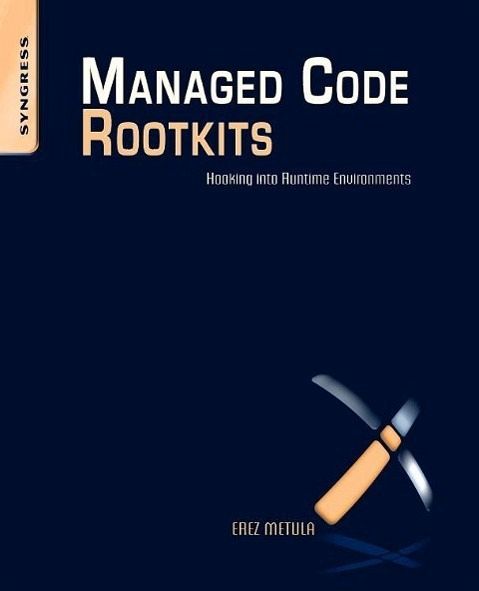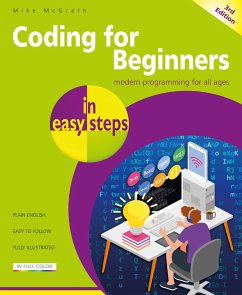
Managed Code Rootkits
Hooking Into Runtime Environments

PAYBACK Punkte
18 °P sammeln!
Managed Code Rootkits is the first book to cover application-level rootkits and other types of malware inside the application VM, which runs a platform-independent programming environment for processes. The book, divided into four parts, points out high-level attacks, which are developed in intermediate language.The initial part of the book offers an overview of managed code rootkits. It explores environment models of managed code and the relationship of managed code to rootkits by studying how they use application VMs. It also discusses attackers of managed code rootkits and various attack sc...
Managed Code Rootkits is the first book to cover application-level rootkits and other types of malware inside the application VM, which runs a platform-independent programming environment for processes. The book, divided into four parts, points out high-level attacks, which are developed in intermediate language.
The initial part of the book offers an overview of managed code rootkits. It explores environment models of managed code and the relationship of managed code to rootkits by studying how they use application VMs. It also discusses attackers of managed code rootkits and various attack scenarios. The second part of the book covers the development of managed code rootkits, starting with the tools used in producing managed code rootkits through their deployment.
The next part focuses on countermeasures that can possibly be used against managed code rootkits, including technical solutions, prevention, detection, and response tactics. The book concludes bypresenting techniques that are somehow similar to managed code rootkits, which can be used in solving problems.
The initial part of the book offers an overview of managed code rootkits. It explores environment models of managed code and the relationship of managed code to rootkits by studying how they use application VMs. It also discusses attackers of managed code rootkits and various attack scenarios. The second part of the book covers the development of managed code rootkits, starting with the tools used in producing managed code rootkits through their deployment.
The next part focuses on countermeasures that can possibly be used against managed code rootkits, including technical solutions, prevention, detection, and response tactics. The book concludes bypresenting techniques that are somehow similar to managed code rootkits, which can be used in solving problems.













